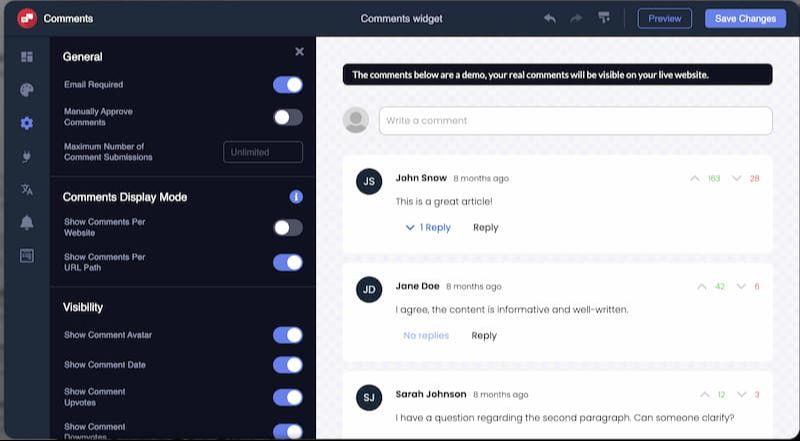
I am biased...you are biased...we are all biased...!
Jul 17, 2024It might be an obvious statement that we are baised, but it isn't just about the obvious things like which food, music, cars or political party we like, but more importantly how we make decisions in the complex and dynamic environment we live in. When accidents or incidents occur, there are normally biases at play - expectation, over-confidence, outcome bias...and the most prolific after the event, hindsight bias, to name just a few. When something doesn't go to plan, or even when it does, think about the biases or heuristics you were subject to as in many cases we want to reinforce the good stuff, and spot why the adverse situation happened in the manner it did.
Two things to consider
When things go well, try to work out what mental shortcuts you took and whether they could have the potential to bite you.
When things don't go well, think back to why it made sense. Again what mental shortcuts did you take and what cues or clues did you use to line them up? This will help you spot your application of them in the future.
The background to this blog
I recently read and saved a page by Buster Benson, a guy who had spent considerable time going through the Wikipedia page of cognitive biases, trying to put the 175 biases listed there into some order and high-level structure. Over time he whittled them down to four high-level groups with 20 sub-groups. These are described below.

This is much simpler than the massive 'wheel' that John Manoogian put together when working with Buster.
I must admit there is a certain amount of irony associated with this blog trying to condense a massive piece of work ito something people will read in 5 mins! The original page is linked below if you want to dig deeper into this. However, a summary for each of the groups is provided and gives you an idea of what each heading is about. Buster has done a great job is condensing this information down and hyperlinking all of the biases in Wikipedia.
Problem 1: Too much information.
There is just too much information in the world, we have no choice but to filter almost all of it out. Our brain uses a few simple tricks to pick out the bits of information that are most likely going to be useful in some way.
Problem 2: Not enough meaning.
The world is very confusing, and we end up only seeing a tiny sliver of it, but we need to make some sense of it in order to survive. Once the reduced stream of information comes in, we connect the dots, fill in the gaps with stuff we already think we know, and update our mental models of the world.
Problem 3: Need to act fast.
We’re constrained by time and information, and yet we can’t let that paralyze us. Without the ability to act fast in the face of uncertainty, we surely would have perished as a species long ago. With every piece of new information, we need to do our best to assess our ability to affect the situation, apply it to decisions, simulate the future to predict what might happen next, and otherwise act on our new insight.
Problem 4: What should we remember?
There’s too much information in the universe. We can only afford to keep around the bits that are most likely to prove useful in the future. We need to make constant bets and trade-offs around what we try to remember and what we forget. For example, we prefer generalizations over specifics because they take up less space. When there are lots of irreducible details, we pick out a few standout items to save and discard the rest. What we save here is what is most likely to inform our filters related to problem 1’s information overload, as well as inform what comes to mind during the processes mentioned in problem 2 around filling in incomplete information. It’s all self-reinforcing.
Want to learn more about this article or have questions? Contact us.


